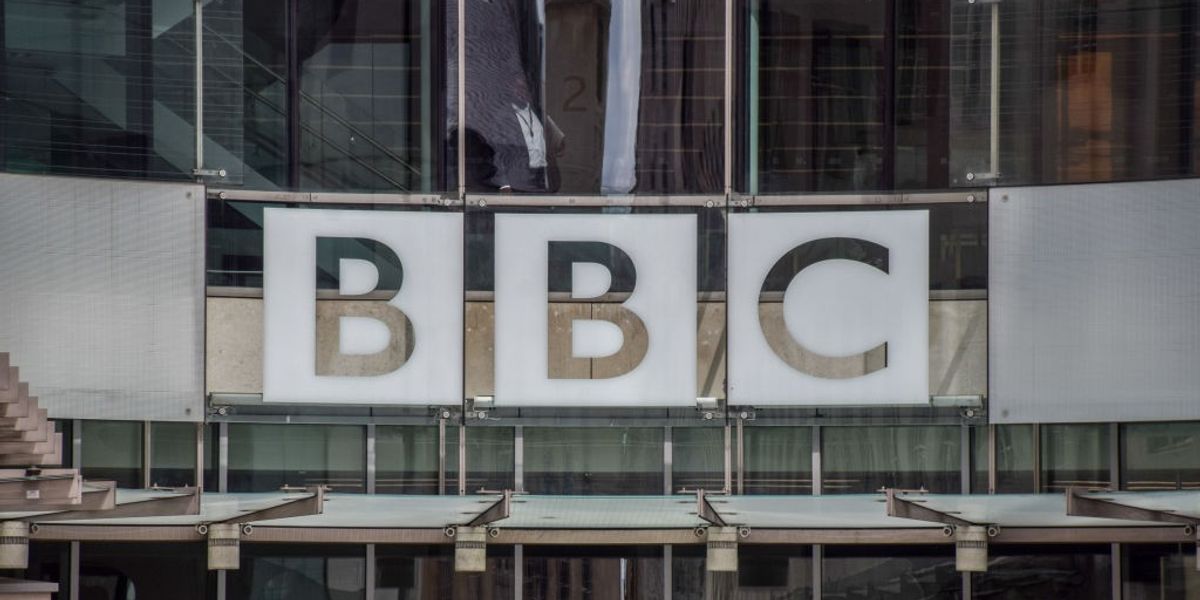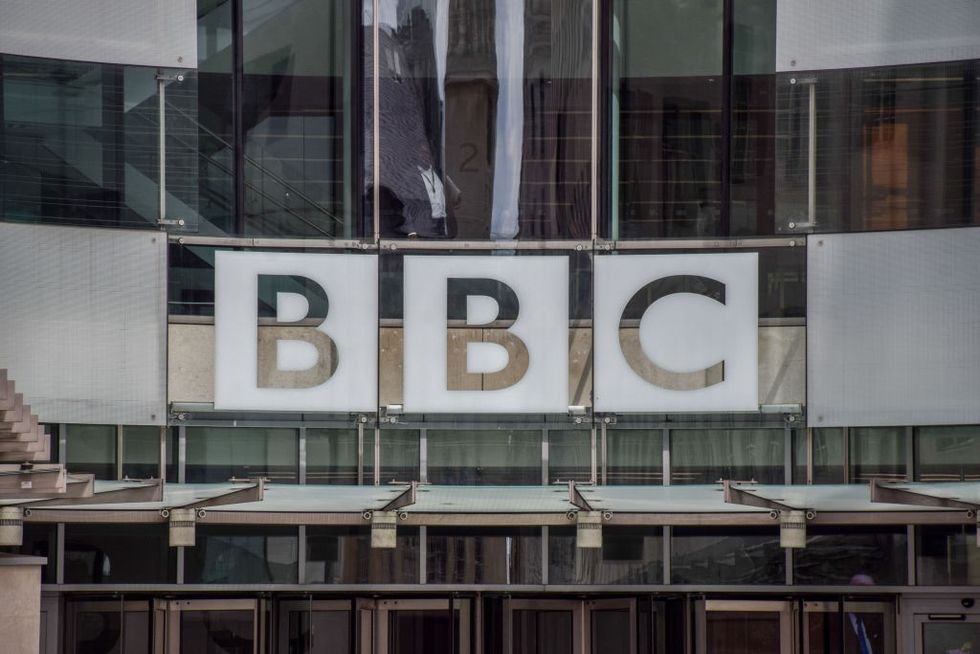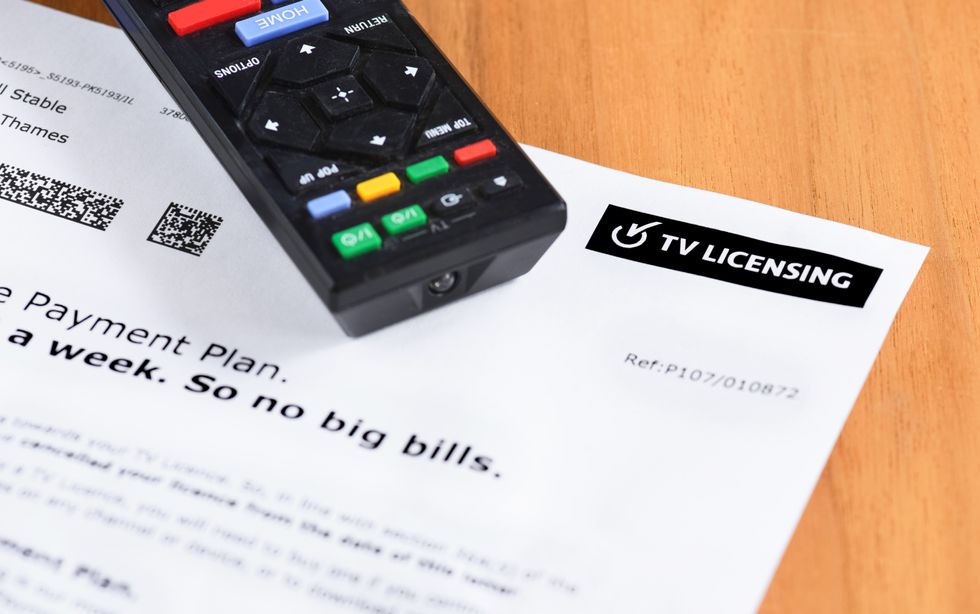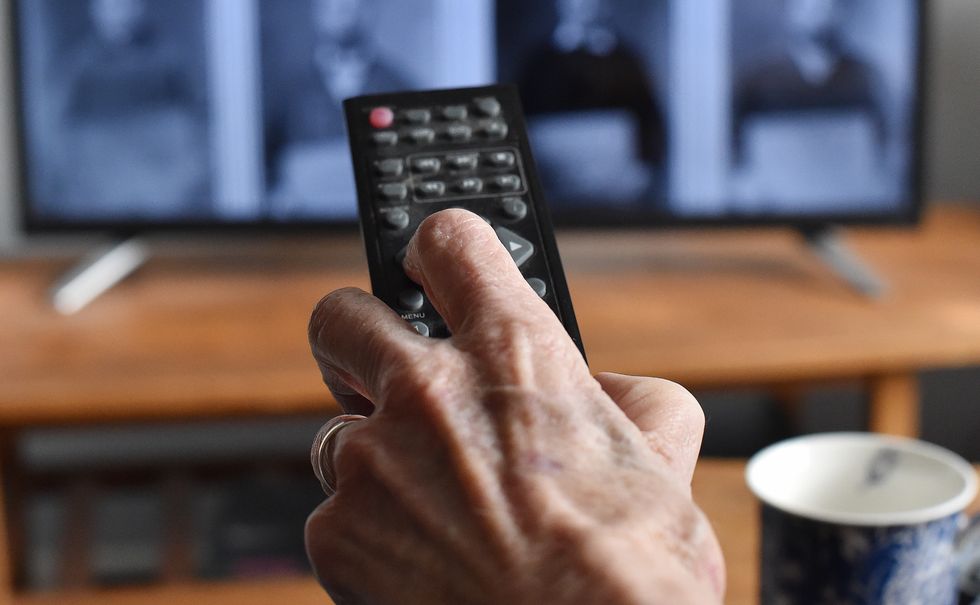



Staff at the BBC have been told to "grow up" after it was found that employees of Britain's national broadcaster took over 20,000 sick days off work for mental health issues last year, including for stress, depression and anxiety.
Information, obtained through a Freedom of Information Act request, shows a fifth of all staff sickness absences in the year to the end of March were due to psychological reasons.
The data, shared by the Telegraph does not include the organisation's commercial department, which is not funded by licence fee payments from the public.
It showed that 20,884 days of work in the public organisation were lost due to mental health sick days.
As taxpayers' money directly funds the national broadcaster, calls for ministers to scrap the £174.50 per year licence fee are growing.
William Yarwood, media campaign manager of the TaxPayers' Alliance, told GB News that this fee needs to be scrapped.
He said: "It's clear as day follows night that some staff at the state broadcaster need to grow up.
"They work in a job with pay and perks that far outstrip those of most private sector employees, all paid for by taxpayers through the licence fee yet are pulling sickies at an alarming rate.

Staff at the BBC took over 20,000 sick days off work for mental health issues last year, including stress, depression and anxiety
| GETTY/BBC"But until the Government axes the hated TV tax, nothing will change. Ministers need to scrap the licence fee at the next funding round."
The figures may be much higher, as no reason was given for more than half of the sick days.
Physical illness resulted in staff being out of the office for more than 36,000 days.
The average BBC worker took 6.7 sick days per year, which is below the national average of 9.4.

The standard UK TV Licence fee is £174.50 per year
| GETTYIn its latest annual report, the broadcaster revealed that 23.8 million TV licences were in force at the end of the year, down from 24.1 million in 2023–24.
The drop of 300,000 licences represents a £50million revenue loss for the corporation.
The BBC previously acknowledged that it is "actively exploring" changes to the licence fee ahead of the 2027 review.
In a statement, the broadcaster said: "There are almost 24 million TV Licences in force, the BBC reaches 94 per cent of UK adults each month, and is the UK’s top brand for media.

In its latest annual report, the broadcaster revealed that 23.8 million TV licences were in force at the end of the year
| PAIt added: "The licence fee is in place until 2027, and we’re actively exploring all options to make our funding model fairer, more modern, and more sustainable while ensuring the BBC remains a universal service."
The BBC’s annual report confirmed that discussions between the Government and BBC leadership have already begun, focusing on the future of the broadcaster and its funding model as part of the charter renewal process.
The outcome of these talks will determine the BBC’s role and funding structure beyond 2027.
The broadcaster has also come under fire in the past 12 months over a string of high-profile controversies, including Gregg Wallace’s misconduct hearing on MasterChef, the broadcast of Bob Vylan’s Glastonbury set, and continued criticism of its coverage of Gaza.
A BBC spokesperson said: "While this level of absence broadly reflects what we see happening across the UK, the welfare of our staff is of paramount importance, and we have a wide range of measures in place to support people who need it."
